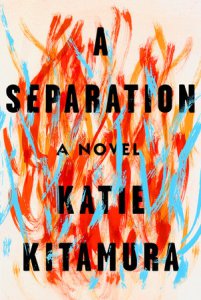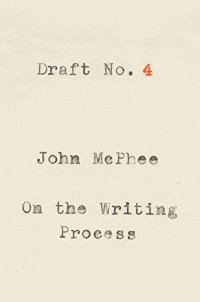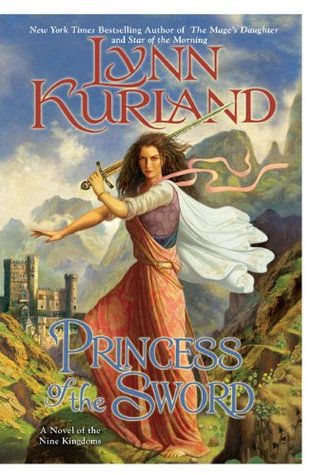If you were a 90s kid growing up in a Tamil household, Mani Ratnam would definitely have been a part of your lives growing up; your Dad would have spoken to you about how Nayakan was a cinematic marvel and how it was India’s answer to the great Godfather, Mum would have spoken to you about how Anjali gave her the chills before she could have her first child, some cousin’s college love story would have played out to the tunes of Alaipayuthey, all aunts would have gotten together and cried buckets for Kannathil Muthamittal. You would have grown up by then analysing his movies, going back and watching everything starting from Pallavi Anu Pallavi and studied Iruvar for its beauty in motion, those hours spent discussing moments of cinematic genius in coffee shops and parties, when you understand something knew in a scene after the upteenth time of having watched it. I grew up wanting an Alaipayuthey in my college days and he did give me a OK Kanmani.
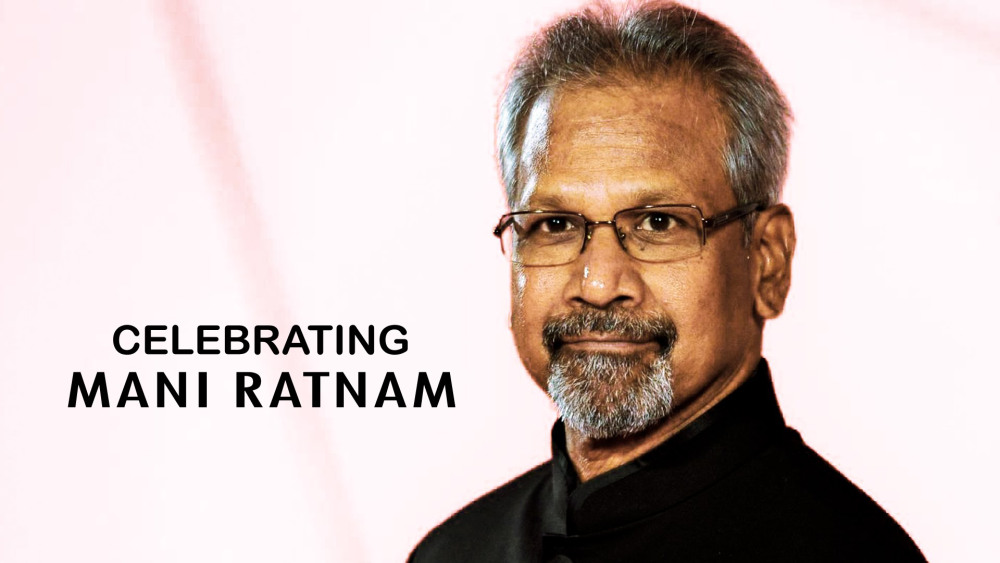
Love him or hate him, his cinema laid a foundation for cinema in itself, at least for me and I’m sure for a million others like me. He taught me the difference between good and bad films. He showed us a taste of the difference that exists between a movie and a cinema. Subtleties matter, there lies a beauty in abstracts and songs can be used as devices to propel the story forward. Rewind and think about songs that poetically compressed the entire story in 5 mins – think “Mandram vandha thendral”, “Deivam thantha poove” or even “Thaiyya Thaiyya” from Uyire about the enigma of the woman (he can make even item numbers classy!)
Which brings me to the latest lesson from this film. Before that, let me recapture some of my wise friends and their comments on the movie – “Naan Kadal oda avara divorce panniten”; “It’s Mani Ratnam, how bad can it be nu naanum vaai pesinen but this movie left me eating my words”; “I can’t believe the man who made Iruvar made OK Kanmani!” I went and watched Kaatru Veliyidai yesterday because Duh! It is Mani Ratnam after all. Since I do not live under a rock, I have heard/read most of the reviews from both those who get paid for it and those who offer it for free.
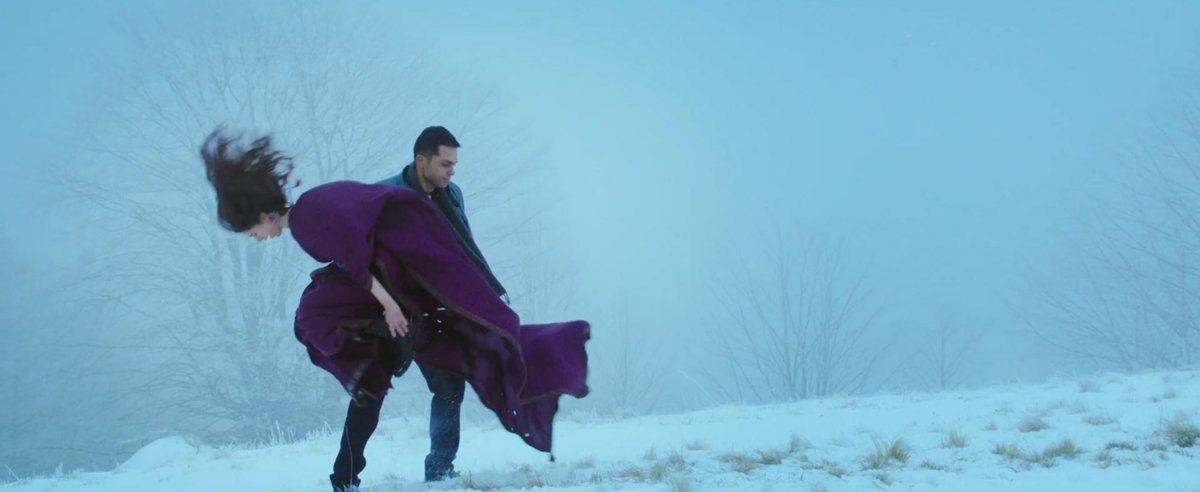
So when I watched the film, I mentally prepared for Kadal. But this one did not let me down. This is a love story. An incomplete abstract one where every chapter of the book is not fleshed out. It jumps narratives covering the more dramatic bits of VC and Leela’s life. If OK Kanmani was rooted in reality and showed a slice of life of today’s youngsters, this one talks poetry. Despite the flaws, as a writer I loved both the way both the characters were written. Leela is strong yet vulnerable. She doesn’t shout back to get her voice across but her steely resolve conveys that she doesn’t like the way she is being treated. Like many women I know, she is in a self-destructive relationship and keeps going back to the guy whose words are going to scar her. She is a school girl who falls in love with the subject of her brother’s letters. She is in love with the idea of a person than the person itself. Sounds familiar? More often than not you or your friend has been this person. Can’t live with you – Can’t live without you scenario.
In contrary to most reviews, its Mani Ratnam’s writing of VC that blew my mind, he was flesh and blood. The character was more human than most characters I have seen in recent times. He is obnoxious, likes to show off, self-centred bordering on arrogance, makes a scene in front of his friends completely oblivious to the feelings of his girl. Hurts the person that he apparently loves the most. Men would connect with shades of VC, as they would all have have been VC at some point of time or other and women have been at the receiving end of it. The writer in me was so fulfilled with these characters and the way they played off of each others positive and negative vibes.
I’m too much of an amateur to even review the beauty of the cinematic spectacle unfolding in front of my eyes. Every frame is beautiful. In a recent interview Mani Ratnam said, “When I was making my first film, a renowned cinematographer told me, you should have 5 to 6 extraordinarily shot scenes in a movie. The rest should be ordinary to make these stand out in contrast. I did not agree with him” And he proves this in every scene of the movie. I loved her reflection in his pupil the first time they meet, the snowed in car shot drawing a metaphor to the turbulence in their relationship clearing up a little and the classic mirror shot. I know what Baradwaj Rangan meant he said “As a movie, Kaatru Veliyidai leaves you wanting, but as cinema, very little can come close to it” in his review.
All his movies have taught us something new about cinema. This one holds up a mirror to modern day relationships – Come on! Everyone has done the cheesy mirror talk, fighting amidst a crowd of people, get drunk and discuss personal affairs and the list goes on and on. People are flawed and so is this movie. Modern day relationships are screwed up but this movie isn’t. Give it a try. You may feel underwhelmed but still would leave you wanting for more of Mani Ratnam.
And of course, I love the way Nallai Allai plays out so significantly and I can’t even begin to fathom the beauty of Tamil flowing so effortlessly in the song. It is stuck in my head and isn’t going anywhere anytime soon.
If you are Mani Sir fanboy/girl, please do check out these links. Thank God for technology, my last few weeks were well spent listening to this genius and what was going on in his head when he shot those iconic scenes.
The Film Companion Interview with Baradwaj Rangan
Uraiyadal and stuff with Gautam Menon, a self-admitted fanboy
Inside Madras Talkies, by Rajeev Masand
Advertisements Share this:
